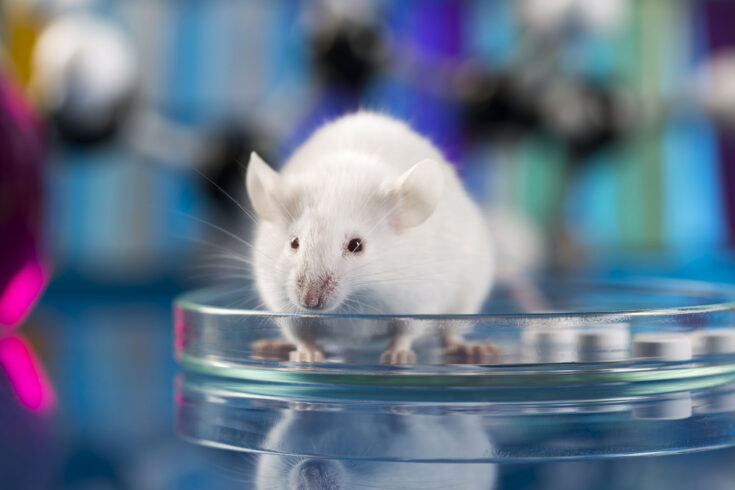The MRC National Mouse Genetics Network has officially launched this week, following the announcement last week of its first research clusters.
The network is the result of an investment by the Medical Research Council (MRC) of more than £20 million over five years.
The mission of the network is to accelerate our understanding of human disease by:
- improving diagnosis and treatments, through driving integration of mouse genetics, cell and tissue systems and deep phenotyping with human or clinical genomics and pathology
- tackling the major challenges in areas of unmet clinical need through the development of national partnerships and coordination within and between research areas
- reducing repeat animal experiments, improving experimental design, and enhancing research reproducibility through the optimisation of production, archiving, and sharing of mice, following the principles of the three Rs (replacement, reduction, and refinement)
- accelerating advances and train and retain world class skills through the open sharing of data, resources, and access to training courses
- translating findings into clinical trials, attracting additional investment, including from industry, thereby driving further impact.
Seven research clusters
The network is comprised of seven challenge-led research clusters, with members distributed across the UK, bringing together experts in developing mouse genetic models with translational and clinical scientists.
The cluster themes:
- cancer, led by Professor Karen Blyth at the Cancer Research UK Beatson Institute, University of Glasgow and Professor Louis Chesler at The Institute of Cancer Research, London
- congenital anomalies, led by Professor Karen Liu at King’s College London
- degron tagging, led by Dr Andrew Wood at the MRC Human Genetics Unit at the University of Edinburgh
- haem, led by Dr David Kent at the University of York
- microbiome, led by Professor Fiona Powrie at the University of Oxford
- mitochondria, led by Dr Robert Pitceathly at the UCL Queen Square Institute of Neurology
- MURIDAE (modalities for understanding, recording and integrating data across early life), led by Professor Anthony Isles at the MRC Centre for Neuropsychiatric Genetics and Genomics at Cardiff University.
The network will be underpinned by the capabilities of the Mary Lyon Centre at MRC Harwell.
It will act as a central hub in sharing access to specialist facilities, resources, data and training with all other network members.
Bringing MRC’s vision to life
Professor John Iredale, MRC Executive Chair said:
I am delighted to see the launch of this network, which brings to life MRC’s vision of harnessing the UK’s international excellence in mouse genetics and the biomedical sciences to provide a new way of funding and working.
This provides a clear path from research findings to clinical translation and patient and economic benefit, and I encourage our research community to take full advantage of the funding opportunities, scientific collaborations, and resource sharing on offer.
Top image: Credit: JacobStudio, iStock, Getty Images Plus via Getty Images

